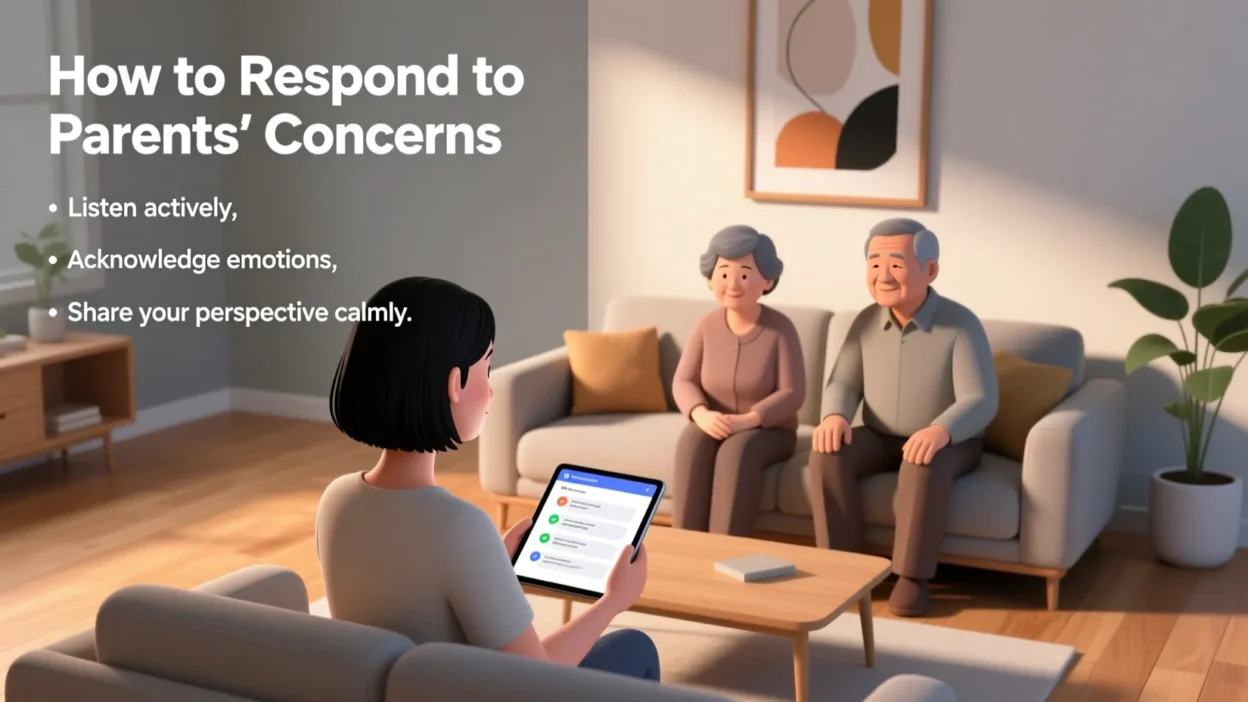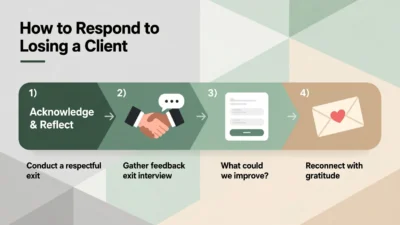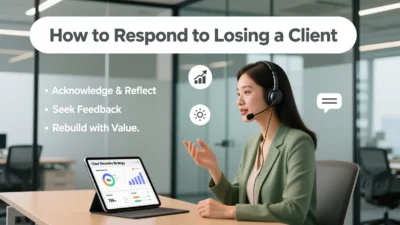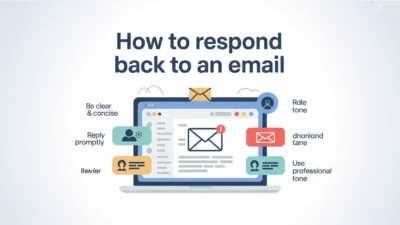Communicating with parents can sometimes feel challenging, especially when they’re worried about their children.
Whether you’re a teacher, coach, or caregiver, knowing how to respond thoughtfully helps build trust and cooperation.
This guide shares 220 friendly and professional ways to address parents’ concerns with empathy, understanding, and reassurance.
Ways to Show Empathy When Responding to Parents’ Concerns
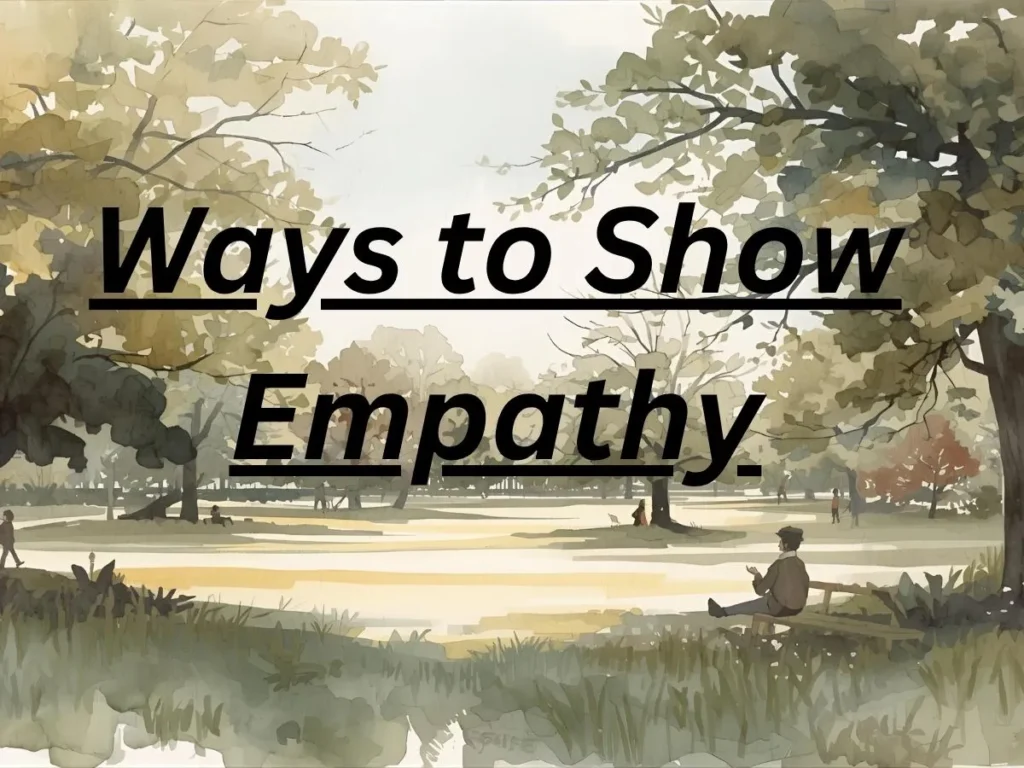
- I completely understand your concern, and I appreciate you bringing it up.
- It’s great that you shared this with me; your child’s well-being is very important.
- I can see why you’d feel that way, and I’ll do my best to address it.
- Thank you for reaching out—your input really matters.
- I understand your point of view and will take it into consideration.
- That’s a valid concern; let’s work together to find a solution.
- I can tell you care deeply about your child, and I respect that.
- I appreciate your honesty and the time you took to share this.
- You’ve made a great point, and I’ll make sure it’s properly addressed.
- It’s helpful to hear your perspective; thank you for sharing it.
- I hear what you’re saying, and I’ll make sure to follow up.
- Your feedback helps us make things better for everyone.
- I completely understand your worry and want to help.
- It’s understandable that you’d be concerned, and I’ll do my best to assist.
- I can tell you’re very involved, and I appreciate that commitment.
- I value your insight—it helps us support your child better.
- Thank you for trusting me with your concerns.
- Your thoughts are very important, and I’ll take them seriously.
- I understand how important this is to you and your child.
- I’m glad we’re having this conversation to ensure we’re on the same page.
Ways to Offer Reassurance to Concerned Parents
- We’re keeping a close eye on the situation and will keep you updated.
- Please rest assured, we’re doing everything possible to help your child succeed.
- I want you to know that your child is in good hands.
- We’re working on a plan to address this right away.
- I understand your concerns, and steps are already being taken.
- We’ll make sure your child feels supported and encouraged.
- You can count on us to handle this with care.
- Everything we do is in the best interest of your child.
- We’re committed to improving this situation together.
- Your child’s growth and happiness are our top priorities.
- I’ll make sure your child feels safe and heard.
- We’ll continue monitoring progress closely and share updates soon.
- I completely understand, and we’ll make sure to follow up.
- Please know that we’re here to support both you and your child.
- We take this concern seriously and are working toward a positive outcome.
- I’m confident we can find a good solution together.
- We’re on top of this and will ensure positive progress.
- You have every reason to expect the best care from us.
- I’ll personally keep an eye on this matter.
- We’re committed to making sure your child feels valued and supported.
Good Ways to Acknowledge a Parent’s Perspective
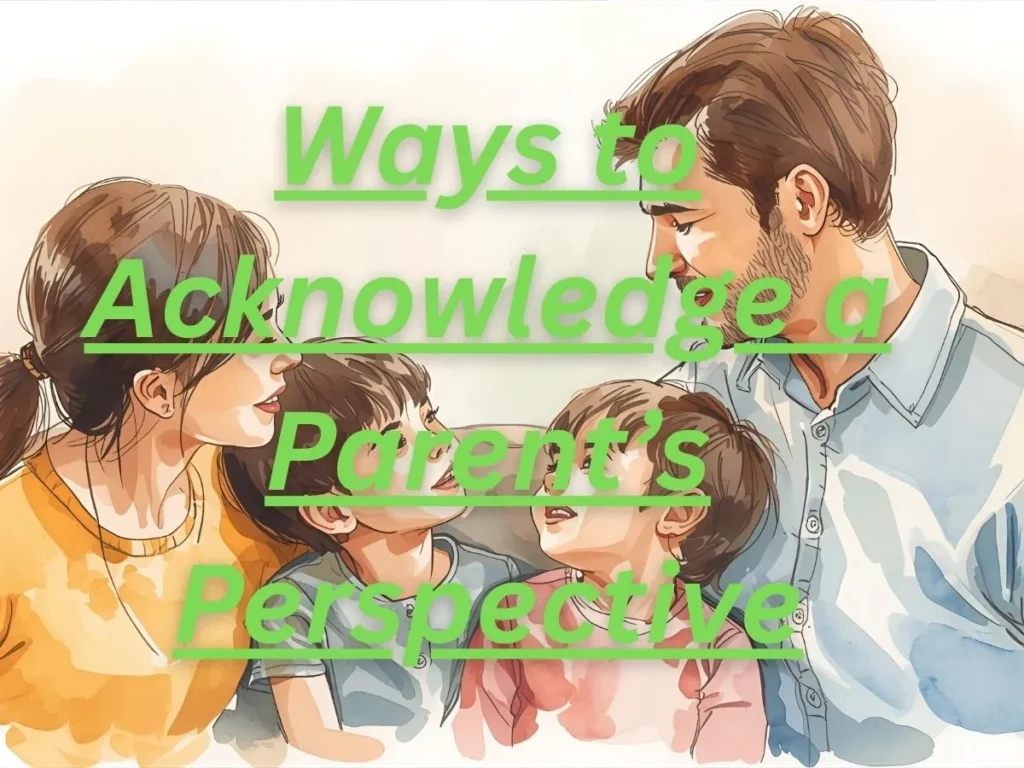
- You’ve made an excellent point that deserves attention.
- I understand where you’re coming from, and I appreciate your insight.
- That’s a very thoughtful observation, and I’ll reflect on it.
- Your experience gives helpful context to this situation.
- You clearly know your child well, and that helps us a lot.
- I respect your viewpoint and want to ensure it’s heard.
- You’ve provided useful details that help us understand the issue better.
- It’s great that you’re so engaged in your child’s development.
- Your input really adds value to this conversation.
- I’m grateful for your openness in sharing this.
- That’s an important perspective, and I’ll take it into account.
- I appreciate you being proactive about this matter.
- You’ve brought up something important, and I’ll review it further.
- It’s helpful to hear your thoughts on what’s working or not.
- You’ve given me a lot to think about, and that’s good.
- Thank you for helping us see things from another angle.
- I appreciate the time you’ve taken to explain this clearly.
- You’re absolutely right to express your concern.
- That’s a valid perspective that we’ll consider carefully.
- I really value your involvement and ideas.
Top Ways to Respond to Academic Concerns
- I understand your concern about grades, and we’re working on strategies to improve.
- We’ll focus on building confidence and understanding in key subjects.
- Your child has shown progress, and we’ll continue supporting that.
- We’ll review what areas need extra attention.
- I’ll make sure your child gets the right academic support.
- It’s great that you’re staying involved in their learning journey.
- We’re seeing steady growth, and we’ll keep encouraging that.
- I’ll check in regularly to monitor progress.
- We’re adjusting the learning plan to meet their needs.
- It’s normal to face challenges, but improvement is on the way.
- We’ll celebrate small wins along the way.
- Your child is capable, and we’ll help them reach their potential.
- Let’s work together to strengthen specific areas.
- I’ll send you updates about their class performance soon.
- We’ll use additional resources to support learning at home.
- Consistency and communication will help us move forward.
- I’ll collaborate with other teachers to ensure full support.
- We’re dedicated to helping your child succeed academically.
- I appreciate you reaching out about this early on.
- Together, we’ll help your child thrive in every subject.
Ways to Respond to Behavioral Concerns
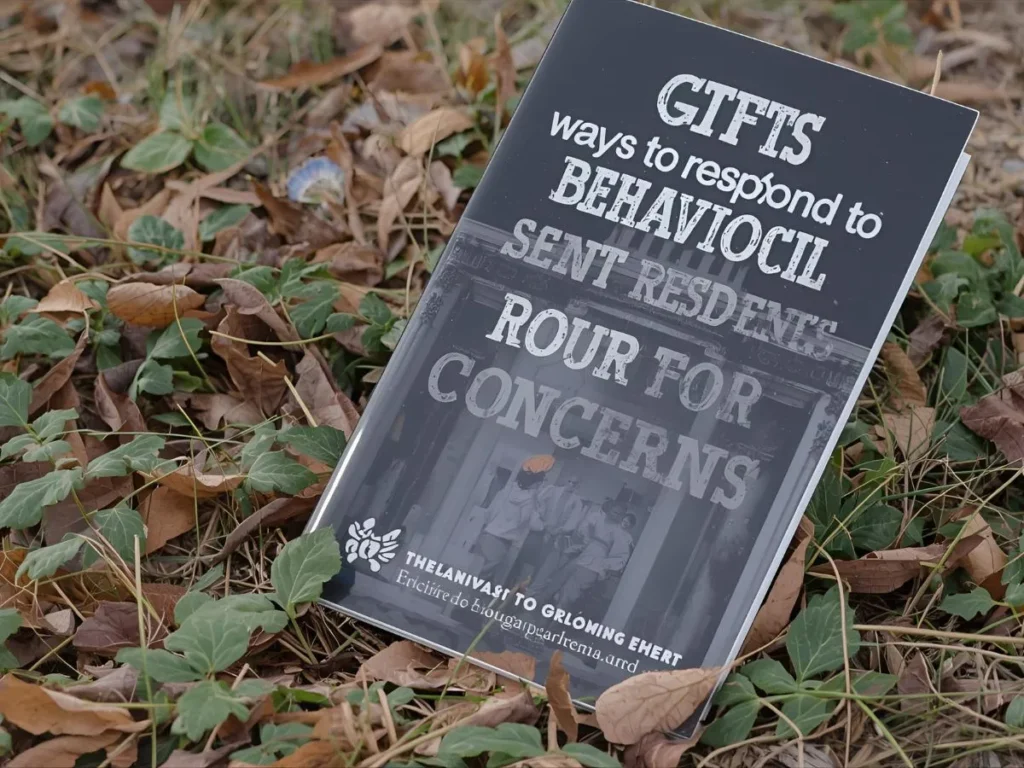
- I’ve noticed similar behavior, and we’re addressing it with positive strategies.
- We’re focusing on helping your child express themselves in healthy ways.
- I appreciate your openness; consistency between home and school helps a lot.
- We’re guiding your child toward better choices.
- It’s something we’re monitoring closely and handling with care.
- Your child is learning to manage emotions more effectively.
- I’ll keep you informed of any changes or improvements.
- We’ll reinforce positive behavior through encouragement.
- Collaboration between home and school makes a big difference.
- We’re helping your child build strong social skills.
- It’s a learning phase, and we’ll continue offering support.
- I’m confident we’ll see progress with time.
- We appreciate your partnership in this matter.
- I’ll share resources that might help at home too.
- Your child has many strengths to build on.
- We’re focusing on positive reinforcement rather than punishment.
- I’m glad you brought this up—it’s important to address early.
- We’ll create a plan that works best for your child.
- I appreciate your patience as we work through this.
- Together, we can help your child grow emotionally and socially.
Ways to Close the Conversation Positively
- Thank you again for taking the time to discuss this.
- I appreciate your trust and collaboration.
- Please reach out anytime if you have more thoughts.
- I’ll keep you updated as things progress.
- It’s always great working together for your child’s success.
- Your support makes a big difference.
- Let’s stay in touch to ensure consistent progress.
- Thank you for your ongoing involvement—it truly matters.
- I’m always happy to chat about your child’s growth.
- You’re doing a wonderful job staying engaged.
- Together, we can continue building your child’s confidence.
- I’ll make sure to follow up soon with updates.
- Thanks for being such a supportive parent.
- I appreciate your partnership and care.
- Let’s keep the conversation open moving forward.
- We’re grateful for your continued support.
- I’ll ensure this remains a top priority.
- Thank you for caring so deeply about your child’s development.
- You’re an important part of this progress.
- I’m confident we’ll continue seeing great results together.
Conclusion
Responding to parents’ concerns with empathy, professionalism, and understanding builds trust and strengthens communication.
By using thoughtful, positive language, educators and caregivers create supportive partnerships that encourage every child’s growth and success.

